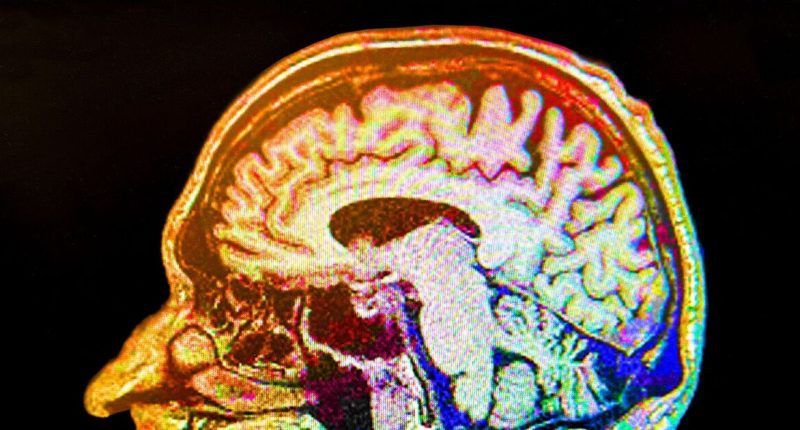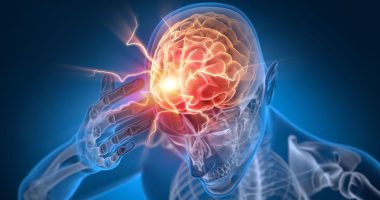Share this @internewscast.com
Drinking alcohol regularly can have more severe consequences than just a hangover – it could be harming your brain health. Recent studies suggest that heavy drinking may increase the risk of dementia, a condition that affects over 944,000 people in the UK.
One such study, a 2023 peer-reviewed journal by Atrium Health, investigated the link between alcohol consumption and cognitive decline. Researchers used a ‘chronic drinking approach’ where mice were given the option to drink water or alcohol over a 10-week period.
The US-based team focused on the relationship between alcohol consumption and the onset of Alzheimer’s disease, which accounts for 60-80% of dementia cases. Their analysis revealed that even ‘modest amounts’ of alcohol accelerated brain atrophy, characterised by the shrinkage and loss of brain tissue, as well as an increase in toxic amyloid plaques associated with Alzheimer’s.
“These findings suggest alcohol might accelerate the pathological cascade of Alzheimer’s disease in its early stages,” said Associate Professor Shannon Macauley, of Wake Forest University School of Medicine, at the time.
“These preclinical findings suggest that even moderate consumption of alcohol can result in brain injury. Alcohol consumption may be a modifiable risk factor for Alzheimer’s disease and dementia.”
Critically, these views aren’t just limited to mice. In 2024, scientists at Oxford University ranked alcohol among the worst offenders for weakening cognitive health and potentially worsening the risk of Alzheimer’s.
The research team deciphered this after analysing brain scans of 40,000 people. Professor Gwenaëlle Douaud, who led the study, said: “We know that a constellation of brain regions degenerates earlier in ageing, and in this new study we have shown that these specific parts of the brain are most vulnerable to diabetes, traffic-related air pollution − increasingly a major player in dementia − and alcohol, of all the common risk factors for dementia.’
“We have found that several variations in the genome influence this brain network, and they are implicated in cardiovascular deaths, schizophrenia, Alzheimer’s and Parkinson’s diseases, as well as with the two antigens of a little-known blood group, the elusive XG antigen system, which was an entirely new and unexpected finding.”
In the UK, current guidelines suggest limiting alcohol intake to no more than 14 ‘units’ weekly, spread across at least three days. To put it into perspective, this equates to six medium (175ml) glasses of wine or six pints of 4% beer, as per NHS advice.
“Units are a simple way of expressing the quantity of pure alcohol in a drink,” the health service explains. “One unit equals 10ml or 8g of pure alcohol, which is around the amount of alcohol the average adult can process in an hour.
“This means that within an hour there should be, in theory, little or no alcohol left in the blood of an adult, although this will vary from person to person. The number of units in a drink is based on the size of the drink, as well as its alcohol strength.
“For example, a pint of strong lager contains three units of alcohol, whereas the same volume of lower-strength lager has just over two units. Knowing your units will help you stay in control of your drinking.”
Find out about the symptoms you need to watch out for and get health advice with our free health newsletter from the Daily Express
What are the first signs of dementia?
Dementia is an umbrella term characterising numerous conditions linked to ongoing cognitive decline. Common symptoms during its onset include:
- Mood changes
- Difficulty concentrating
- Finding it hard to carry out familiar daily tasks, such as getting confused over the correct change when shopping
- Memory loss
- Struggling to follow a conversation or find the right word
- Being confused about time and place
Individuals experiencing these symptoms are encouraged to visit a GP for further guidance.
















